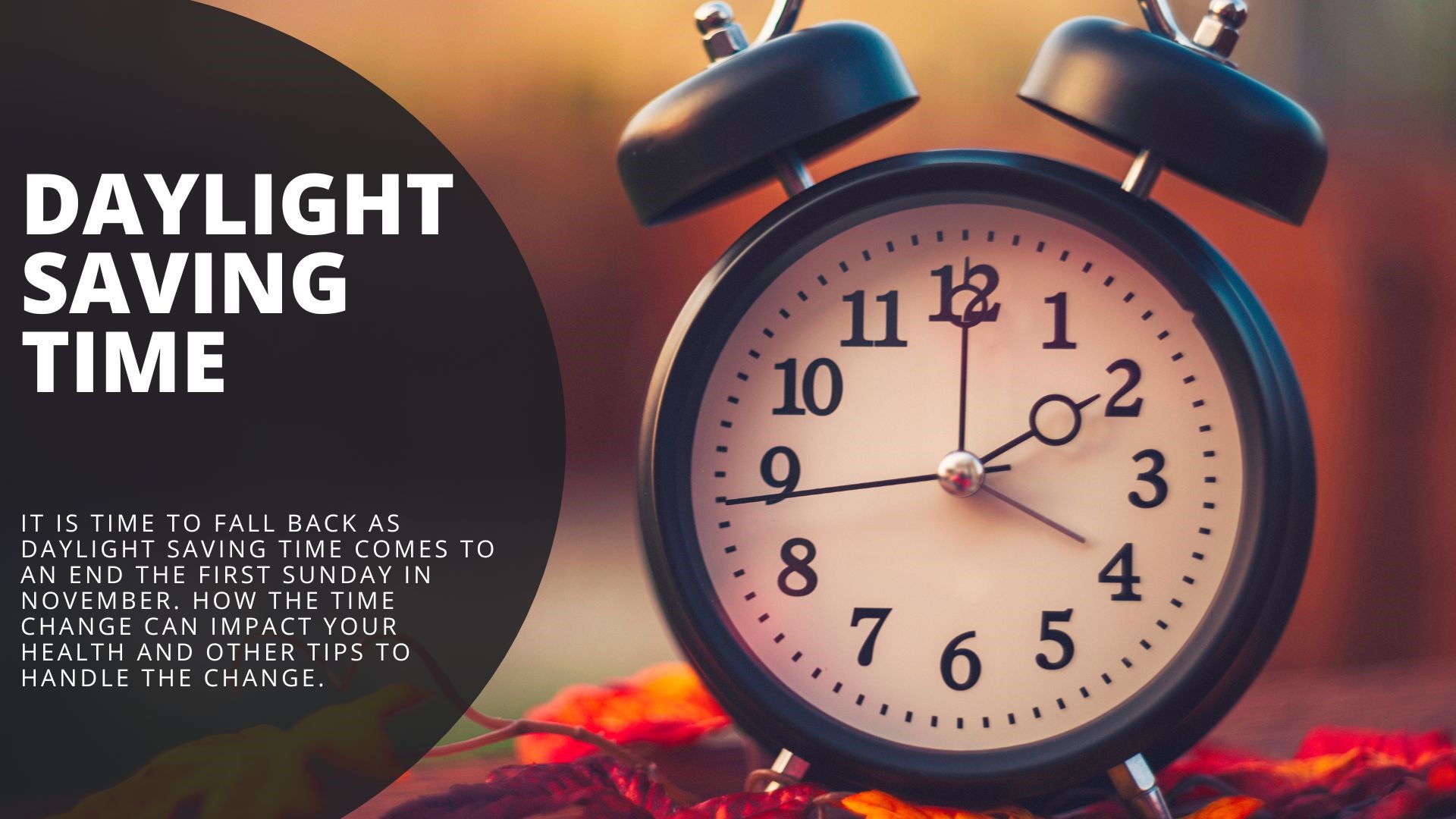DENVER — It comes up every time we fall back or spring forward — is daylight saving time really necessary? Some say we should stay on standard time year-round. Others argue for sticking with daylight saving time permanently. Still others like things the way they are.
In Colorado, the General Assembly passed legislation in 2022 that would set Colorado's clocks to daylight saving time year-round. Gov. Jared Polis (D) signed it, but the law can only take effect if:
- A federal law was enacted that allows states to remain on daylight saving time year-round. In March 2022, the U.S. Senate passed a bill that would allow this, but the House hasn't been in a rush to act on the legislation.
- Four Mountain Standard Time Zone states, in addition to Colorado, also enacted legislation making daylight saving time permanent.
For the purposes of the bill, the Mountain time zone includes Arizona, New Mexico, Colorado, Utah, Wyoming, Montana and the southern part of Idaho.
Arizona stays on standard time year-round. Utah, Wyoming and Montana have passed similar bills to Colorado's in recent years.
Idaho is unique because it's divided among two time zones (Pacific time for the northern half of the state and Mountain time for the south). In 2020, the Idaho legislature passed a measure that would make daylight saving time permanent for the northern half of the state, but not the southern half, if the state of Washington also makes the permanent switch.
So where does Washington stand? Lawmakers there approved permanent daylight saving time in the spring of 2019 and are waiting for Congress to act.
Things look less promising in New Mexico, where a pair of state senators put forward a bill this year that would exempt the state from daylight saving time like Arizona or Hawaii. But that bill failed in the Senate.
In the last five years, 19 states have passed legislation or resolutions supporting year-round daylight saving time, according to the National Conference of State Legislatures. In 2023, at least 29 states considered or are considering legislation related to daylight saving time.
But for now, we'll continue changing our clocks twice a year. This year, daylight saving time ends at 2 a.m. on Sunday, Nov. 5.
This article draws from previous reporting by Jennifer Campbell-Hicks, Chris McCrory and Melissa Hernandez De La Cruz.
SUGGESTED VIDEOS: Latest from 9NEWS

